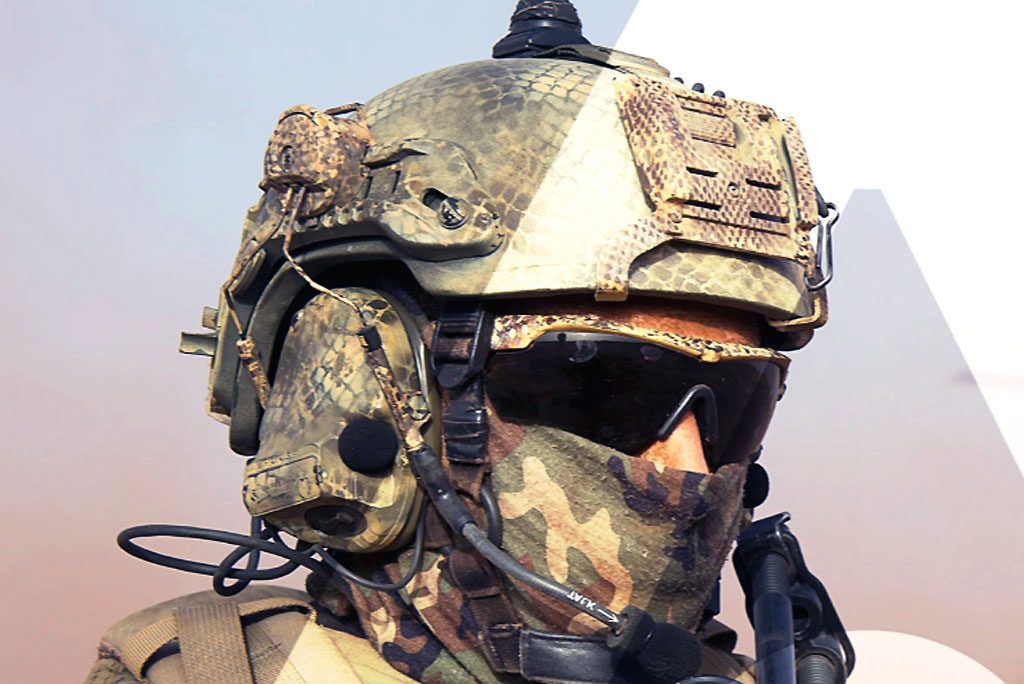
Thales to lead European project on virtualised network programming technologies for future tactical deployments
Paris, 11 March 2021 – Thales has been selected by the European Defence Agency to lead the large-scale Softanet (Ad Hoc B) project on network programming and orchestration technologies. Softanet will provide closer insights into the use of the latest virtualisation technologies for communication networks. It is a major step in preparing forces for developments in deployable and tactical networks and the adoption of programmable network technologies, software-defined networking (SDN) models and 5G.
Softanet is the first project at European level to focus on network programming and orchestration technologies for defence applications. It is a collaborative project by France, Germany, the Netherlands and Poland. Led by Thales, the project brings together major European defence players, including Airbus, Radmor and Rohde & Schwarz, as well as SMEs and research institutes, and aims to strengthen defence industry cooperation between European nations.
Softanet will assess the contribution of network programmability based on virtualisation technologies and quantify the operational benefits in terms of ease of deployment, network infrastructure responsiveness and efficient use of resources. Networks incorporating virtualisation technologies can be reconfigured more quickly as operations unfold, and the ability to deploy a programmable, dynamic, resilient and secure IT and network infrastructure is a necessary prerequisite for achieving information superiority in the theatre.
As project lead, Thales is providing an experimental infrastructure with programmable network technologies in configurations that reflect real-life operational contexts. The objective is to facilitate the deployment of communication systems into the theatre, particularly on coalition operations, by making them simpler and more intuitive to configure and reconfigure. The solution will also automate the operation of communication services, enabling them to adapt dynamically to new node locations, resource availability and operational communication needs.
The three-year project will be conducted in three stages. In the first six months, the project partners will define a deployable network architecture based on virtualised network technologies. The following 18 months will include technical studies of resilience, security and orchestration. The final year will be dedicated to the validation and testing of the system as part of a Coalition Warrior Interoperability Exercise (CWIX).
Photo courtesy Thales



